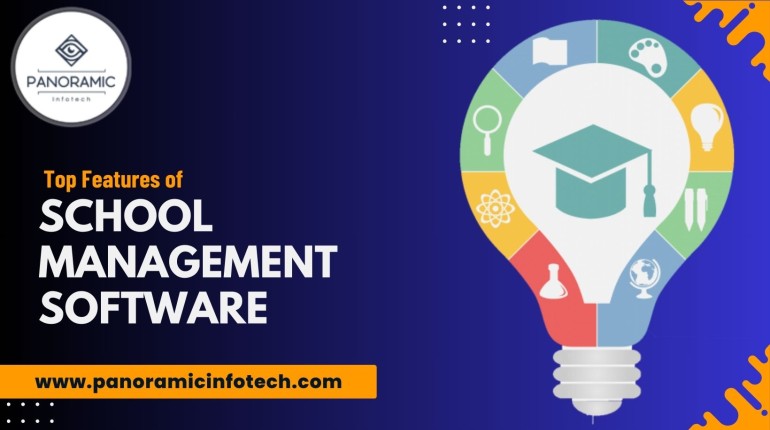In today’s digital age, the efficient management of educational institutions relies heavily on technology. School management software plays a pivotal role in streamlining administrative tasks, enhancing communication, and facilitating academic processes. However, not all school management software is created equal. To ensure optimal performance and usability, here are some top features that every school management software should incorporate:
Student Information Management: A comprehensive database for storing and managing student information including personal details, academic records, attendance, and health records is essential. This feature enables easy access to student data and aids in making informed decisions regarding their academic progress.
Teacher and Staff Management: An effective School Management Software should include modules for managing teacher and staff information, such as contact details, qualifications, and schedules. This feature helps in efficient resource allocation and scheduling of classes and other activities.
Attendance Tracking: Automated attendance tracking functionality helps in monitoring student attendance and identifying patterns of absenteeism. Integration with biometric or RFID systems can further streamline this process and enhance accuracy.
Gradebook and Assessment Tools: A robust gradebook feature allows teachers to record and manage student grades and assessments efficiently. It should support various grading systems and provide analytics to evaluate student performance.
Communication Tools: Seamless communication between administrators, teachers, students, and parents is vital for the smooth functioning of educational institutions. School management software should include features such as messaging, notifications, and announcements to facilitate communication and collaboration.
Fee Management: Simplifying fee collection and management processes is crucial for the financial health of schools. The software should enable fee generation, payment tracking, invoicing, and reporting to ensure transparency and accountability.
Timetable and Scheduling: Timetable management features help in creating and managing class schedules, exam schedules, and other activities efficiently. It should accommodate various constraints such as teacher availability, classroom availability, and student preferences.
Library Management: For schools with libraries, a dedicated module for library management is essential. It should include features for cataloguing books, tracking inventory, managing loans, and generating reports.
Parent Portal: Providing parents with access to their child’s academic information, attendance, grades, and other relevant updates fosters greater parental involvement in their child’s education. A user-friendly parent portal enhances transparency and communication between schools and parents.
Data Security and Privacy: With the increasing digitization of educational data, ensuring data security and privacy is paramount. School management software should adhere to industry standards for data encryption, access control, and compliance with regulations such as GDPR.
Conclusion:
Investing in a comprehensive School Management Software that incorporates these essential features can significantly enhance the efficiency, transparency, and communication within educational institutions. By leveraging technology effectively, schools can focus more on delivering quality education and fostering student success. Simplify school tasks with Panoramic Infotech’s user-friendly management software. Easily handle student records, schedules, and administrative duties for smoother operations.
Get in touch with us for more!
Contact us on:- +91-987-979-9459 | +1-980-428-9909
Email us at:- info@panoramicinfotech.com
For more information visit our website: https://www.panoramicinfotech.com/
 :
https://www.panoramicinfotech.com/
:
https://www.panoramicinfotech.com/












